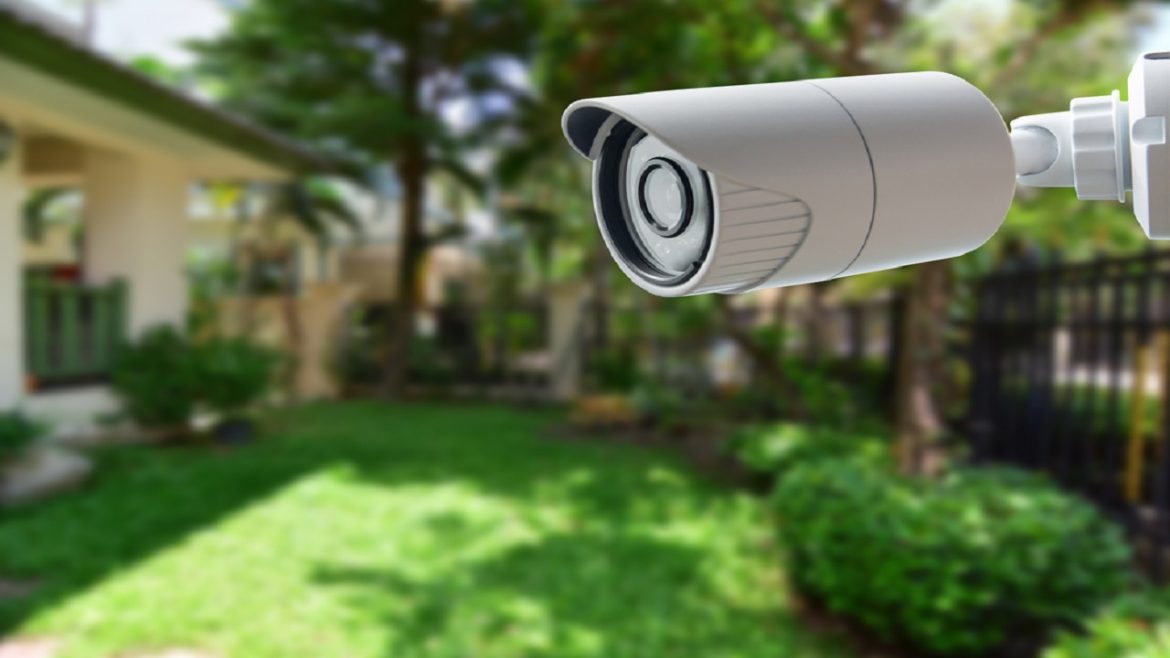Both tenants and landlords should be able to engage in good communication, especially in matters that concern security issues such as the installation of security cameras. Whether you are planning to install cameras for security purposes or responding to current surveillance practices, adherence to best practices can help to ease the conversation. Let’s read the blog post for the best practices, that tenants should follow when it comes to dealing with landlords on issues to do with security cameras.
Learn About Your Rights and Responsibilities
Discuss the terms of the modifications or any of the security devices with your landlord to read through the lease agreement. Understanding your rights ensures one has the right approach to talking to the homeowners about intentions and all the issues concerning the security cameras. And make sure your decision is the best one that you are taking at that time.
Prepare Your Proposal
Security cameras, as with most discussions, require preparation. Describe your motives for the desire to install a camera and always be prepared to explain how the camera will increase security for the tenant and the property. It might be useful to come up with a particular idea about the proper position for the camera that will not intrude upon privacy and would meet the standards of common areas.
Start the Discussion as Soon as Possible
The timing is important when it comes to the issue of security cameras with your landlord. Start the process as early as possible, ideally before any accidents happen. This way will help you demonstrate that, you are a responsible tenant, and your landlord has the time to consider your request calmly. When you are moving into a new apartment, you should discuss it when you are first getting to know your neighbors.
Importance of Choosing the Right Communication
Think about which means of communication would provide the best method to reach a successful discussion. This is because in face-to-face communication negatively posed stimuli can be followed by immediate positive ones in the same direct manner. Without meeting in person, a simple phone call or video conferencing will also do. There is also a need to use text-based communication which may include writing mail or even using a letter for recordkeeping purposes.
Emphasize Mutual Benefits
When preparing for your presentation, the arguments supporting the installation of security cameras must be framed in a way that highlights the benefits of the action to all the participants. Describe how increased security can prevent crime, for your items as well as the property in general. Explain why it could make the rental more attractive to future tenants, possibly lowering the vacancy rates and increasing the property value. Focusing on these points may encourage your landlord to offer you their consent to your proposals.
Address Privacy Concerns
One of the biggest issues that people have with security cameras is privacy. Encourage your landlord that your desire is aimed at increasing security without violating the rights of the other tenants. When the placement of the camera is decided, it must also be clear what areas is the camera going to oversee. If you are proposing the installation of a camera in a common area, you need to explain to the management how the organization should respect privacy laws and the building’s standards.
Be Open to Compromise
As in any negotiation, flexibility is always a plus. If your landlord is reluctant to agree with your proposal, you should ask them what they are afraid of and be ready to negotiate. For instance, May the landlord realizes that the camera is placed in the wrong place, offer them an option of other locations or they should consider using less invasive security measures such as doorbell cameras. Being receptive to change also helps in showing them respect for their viewpoint and helps to enhance partnership.
Follow Up
Finally, do not forget to follow up after the first conversation. If your landlord accepts your offer, email or write them back restating times, dates, and any qualifications they have made verbally. In case your request has been turned down feel free to follow it up asking for clarification of their decision and showing your readiness to examine the other available options.
Conclusion
In general, it is not very difficult to talk to your landlord about security cameras if you do it right. If you know your rights, have a well-thought-out plan, and stress the fact that it is in both of your best interests to cooperate, you can start a positive conversation. Privacy issues and willingness to compromise add to the list of factors that increase the likelihood of achieving the goal. This article provides a guide to creating a more convenient and comfortable tenant and landlord experience by maintaining cleanliness and order.

